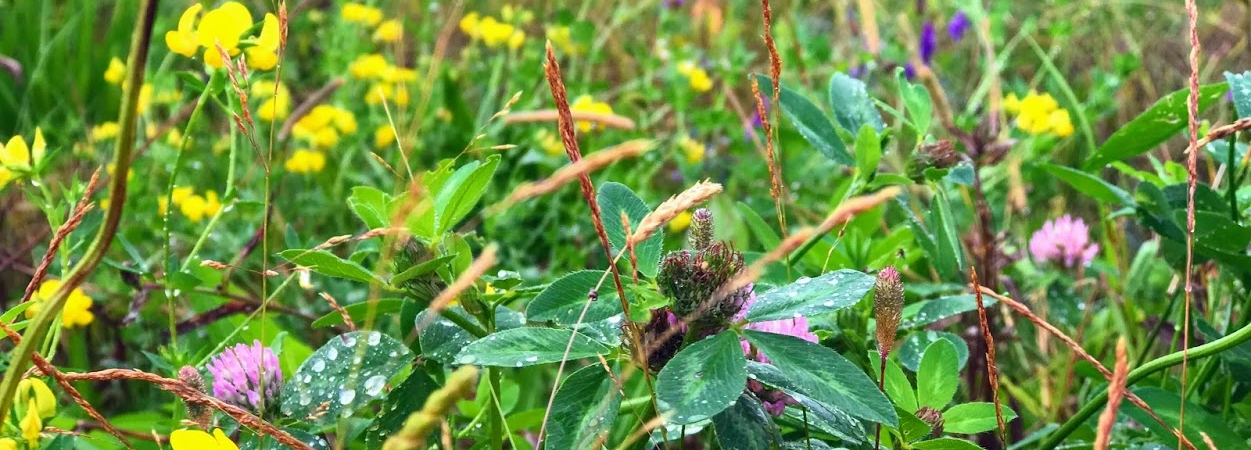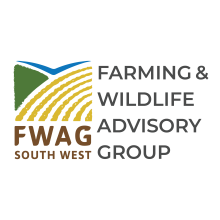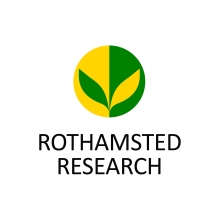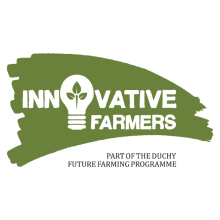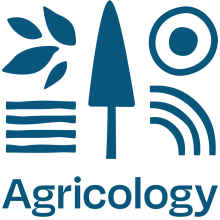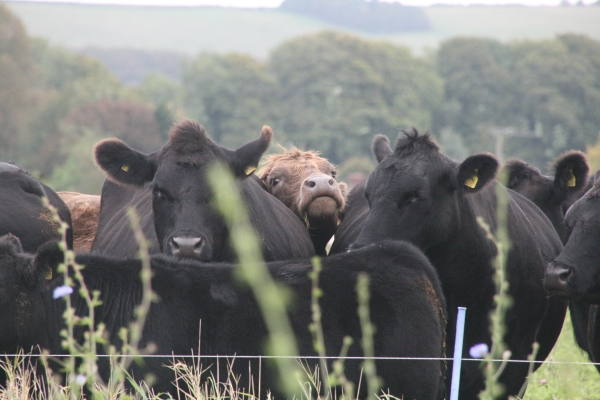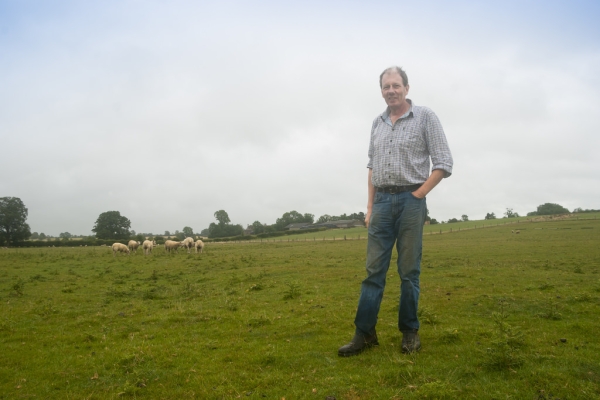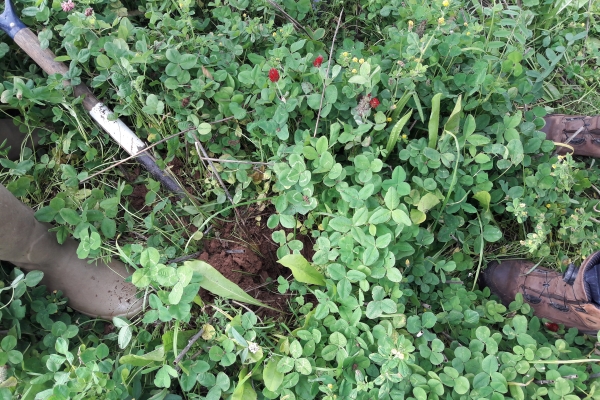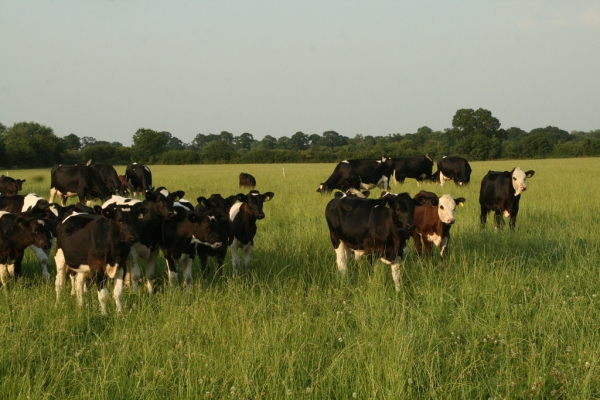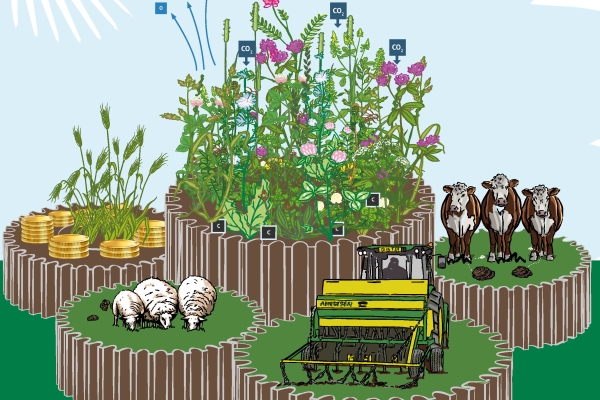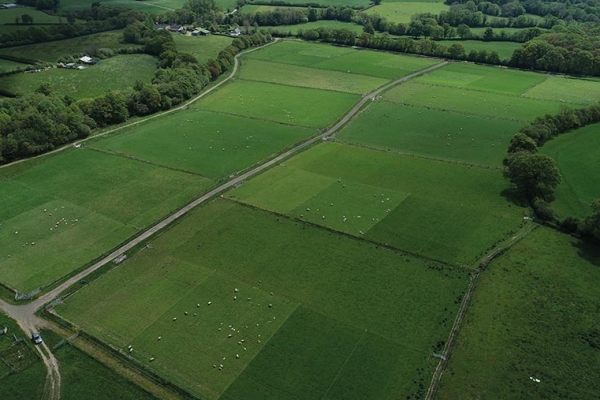Herbal Leys Virtual Field Day: Parts 1 & 2
Establishment and Management & Soil Health, Grazing and Ensiling
Multi species herbal leys combine complementary grass, legume and herb species. A more diverse sward can provide greater resilience to climate extremes, benefits for animal health, soil quality and biodiversity. This is part 1 and 2 of a 2-part series of virtual events that were a collaboration between Agricology, Soil Association, Innovative Farmers, FABulous Farmers, Duchy College, AgriTech Cornwall, FWAGSW and Rothamsted Research. These events provided an opportunity to share the latest findings and practical experiences, bringing together farmers, advisors and researchers in the virtual field to share ideas and experiences.
Findings & Recommendations
- Part 1 (accessed via the link above) explored the practicalities around seed selection, establishment, and management and benefits of multi species leys. Key topics included: Species selection and mixtures; stewardship options; establishment and seed bed preparation; weed control and management; and soil health / carbon. The discussion featured contributions from farmers experimenting with multispecies leys, Hannah Jones of Duchy College, Becky Hughes of FWAGSW, Deb Beaumont from Rothamsted Research, and Stephen Kettle from SW Seeds.
View slides presented during part 1 here.
- Part 2 (see below) explored the practicalities of ensiling and grazing multispecies leys. Topics included: Soil health; grazing approaches; cell grazing v continuous grazing; ensiling – timing and inoculation; and feed quality and animal health benefits. The discussion featured Becky Willson, from Duchy College and Farm Carbon Toolkit, Sarah Morgan, Kate LeCocq and Jordana Rivero from Rothamsted Research, Hannah Jones of Duchy College, Kate Still, FABulous Farmers / Innovative Farmers, Dave Davies, Independent silage consultant, and dairy farmer Clyde Jones.
